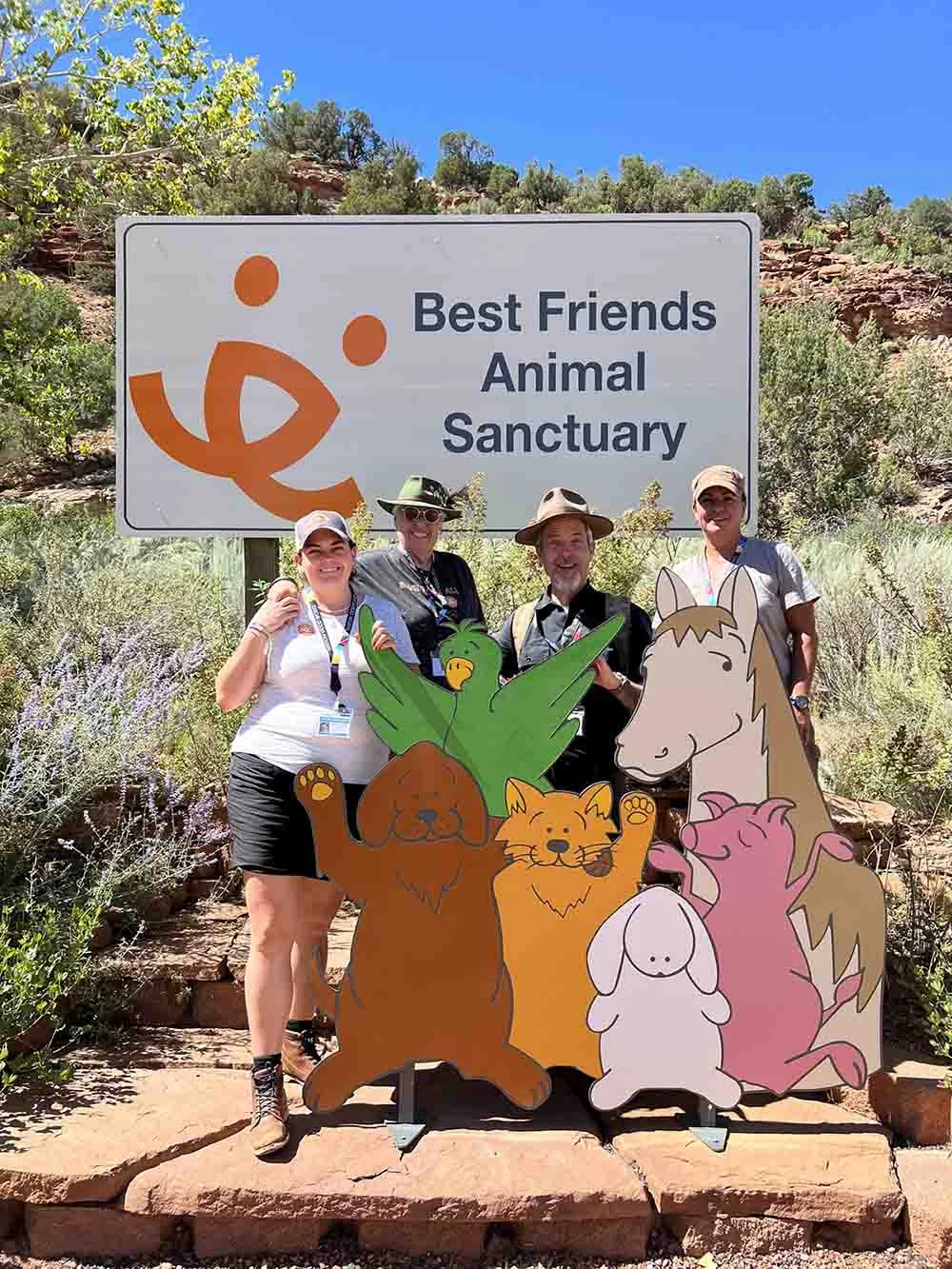
Flagstaff Scientist’s Approach to Rat Infestation Gaining Global Attention | Travel News
The proliferation of rodents is a growing concern worldwide, evident from viral videos showcasing rodent-infested locations like the Colosseum in Rome. Dr. Loretta Mayer, a Flagstaff scientist, asserts that the increasing populations of mice and rats are affecting cities globally. In response to traditional rodent control methods involving poison, her non-profit organization, WISDOM Good Works, founded with Dr. Cheryl Dyer, has garnered international attention by advocating for fertility-control technology instead.
While communities typically resort to poisoning rodents, this approach poses unintended risks, such as harming humans, wildlife, domestic animals, and contaminating land and water. WISDOM, under the umbrella of Women in Science Doing Outreach and Mentoring (WISDOM), seeks to revolutionize rat control by using their organic, plant-derived product, GoodBites, which induces infertility in both male and female rodents.
Dr. Mayer emphasizes the importance of humane animal population control for achieving environmental balance. WISDOM, primarily funded through grants and donations, operates in various locations, conducting pilot programs to demonstrate the effectiveness of GoodBites. Initially focused on isolated settings like the Galapagos Islands and rural farms, the organization has expanded its efforts to urban areas, such as Boston's Jamaica Plains neighborhood.
The Boston study, overseen by Alaina Gonzalez-White, WISDOM's Northeast representative, reveals promising results. The GoodBites product led to a reduction in rat populations and sightings, demonstrating its efficacy in rodent control. Notably, WISDOM's success has attracted the attention of Orkin, the world's largest pest management provider.
WISDOM aims to eliminate poison from pest management and is actively sharing its findings with the City of Boston and other organizations. With plans to launch its largest project in Northern Arizona, funded by Open Philanthropy, WISDOM will conduct a comprehensive pilot program along the entire food pipeline, from fields to consumers. Dr. Mayer envisions widespread adoption of their technology by pest managers, manufacturers, and distribution companies, presenting a win-win scenario for both business and environmental conservation.

